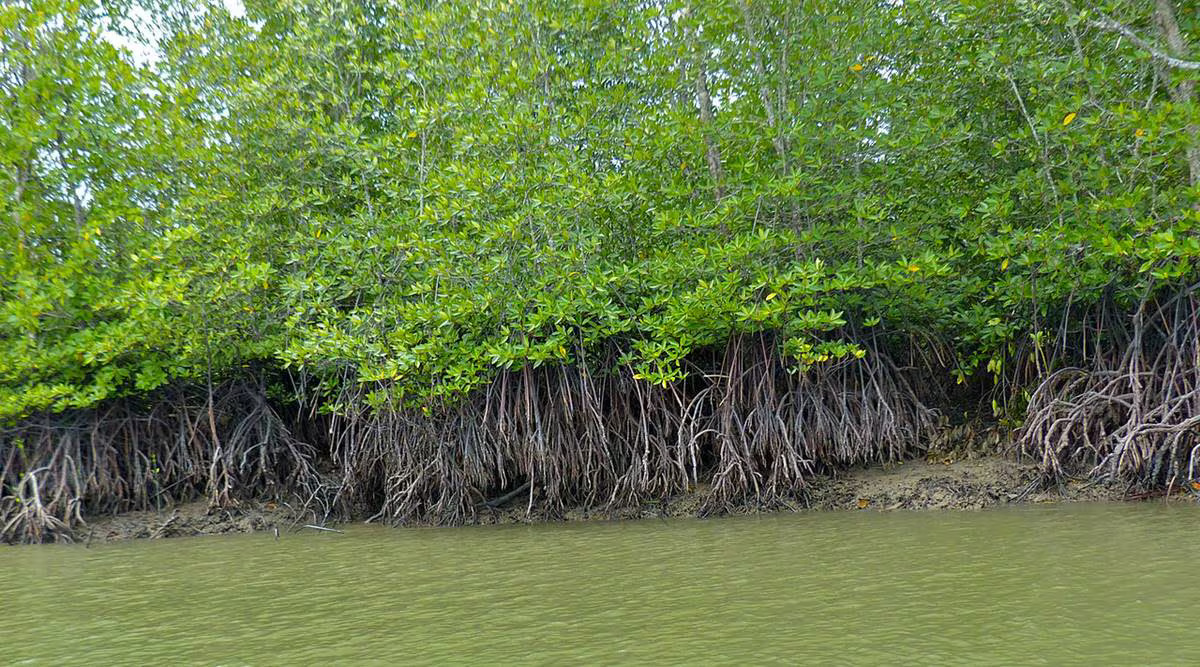The Bombay High Court has permitted the Brihanmumbai Municipal Corporation (BMC) to construct a road through a mangrove buffer zone in Malad West.
This judicial clearance marks a pivotal moment in Mumbai’s infrastructure development narrative, enabling a project long caught between regulatory red tape and environmental activism. The proposed 50-metre-wide road lies within a blue zone a designation reserved for heightened environmental oversight encompassing portions of the Malad Link Road and adjacent Malvani areas. The court’s decision was rooted in the observation that BMC had followed due legal and environmental procedures, including securing prior clearances from relevant authorities. The approval also draws from a 2018 Supreme Court judgment, which allows projects in mangrove buffer zones if proposed before the verdict and if they adhere to stringent protocols.
Mumbai, one of India’s most densely populated urban centres, continues to face mounting pressure to expand its mobility infrastructure. With traffic congestion choking its arterial routes and last-mile connectivity lagging in rapidly growing suburbs like Malad, city planners argue that such road projects are essential for equitable access and economic efficiency. However, this necessity often clashes with the imperative to protect sensitive ecosystems such as mangroves, which are natural buffers against coastal erosion and flooding. The BMC had submitted its detailed proposal to the Ministry of Environment, Forest and Climate Change (MoEFCC) in April 2024 via the Maharashtra Coastal Zone Management Authority (MCZMA). The submission covered approximately 3.5 hectares of mangrove land, including comprehensive mitigation measures to offset ecological damage. In October 2024, MCZMA endorsed the proposal, citing public necessity and proposed safeguards.
The High Court was informed that 37 mangrove trees would be impacted by the project. Officials assured that compensatory afforestation and eco-restorative actions were in place to minimise environmental fallout. The Division Bench, after reviewing the environmental and legal merits, accepted the justification and cleared the way for construction. This case is emblematic of a broader urban dilemma: How can Indian cities evolve their transport networks without compromising on environmental integrity? While environmentalists have voiced concern over the gradual erosion of Mumbai’s green cover, planners maintain that projects of such nature are increasingly designed with sustainability principles embedded into their blueprints.
With this clearance, BMC is now poised to commence construction, aiming to improve connectivity in the Malad region, which has long suffered from limited access and bottlenecked traffic. Yet, the development also raises important questions about the thresholds of ecological compromise cities are willing to accept in the name of progress. As Mumbai builds for the future, the court’s decision underscores a growing recognition of the need for infrastructure that serves the people without forsaking the planet. Whether this project becomes a model for sustainable urban integration or a cautionary tale will ultimately depend on its execution and impact.
Also Read :Ganeshkhind Road Flyover Set to Open in June


